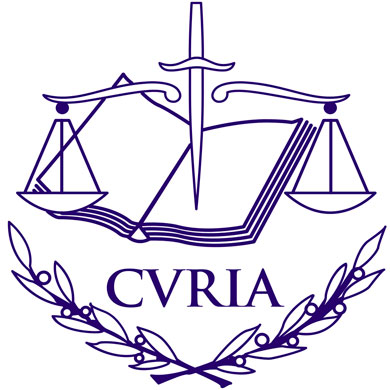- 2017/11/28
The European Court of Justice rules on discrimination on the ground of sex

On 18th October 2017, the European Court of Justice (ECJ) issued a judgement in the case Ypourgos Esoterikon, Ypourgos Ethnikis Pedias kai Thriskevmaton v. Maria-Eleni Kalliri. In this case, the ECJ evaluated the possibility of sex discrimination within the recruitment practices of the Greek Police forces. Ms. Kallinri was refused in the application process for the Greek Police School of Vrachty because she did not fulfil the legal height requirement, which was the same for both men and women.
The ECJ discussed if this Greek law violated both Articles 1 and 3 of the European Union (EU) Directive 76/207. The EU legal text establishes the principle of equal treatment between men and women in access to employment, as well as the prohibition of both direct and indirect discrimination on the grounds of sex. In this case, the same height requirement for both men and women is considered as indirect discrimination because there are larger number of women than men that are smaller than the requirement specified. The ECJ considers that height is not a vital determinant in the performance of certain tasks in the Police force (such as traffic control or assistance to citizens) which do not require significant physical prowess. Therefore, this situation presents substantial disadvantages towards women and this Greek law does not achieve the objectives it pursues (recruiting suitable people for performing tasks at the Police force) in its application. The ECJ held that the Greek law was discriminatory against women and therefore the recruitment criteria violated the Council Directive 76/207
According to the Lithuanian law, there is no height specific requirements in order to enrol to the Police Forces. However, there are different physical requirements for both men and women while they perform Police Forces physical tests. An example of this situation can be found in the running test, where men must run 3,000 metres and women are required to run 2,000 metres; or men are required to do up to 75 push ups while women up to 30 push ups.



